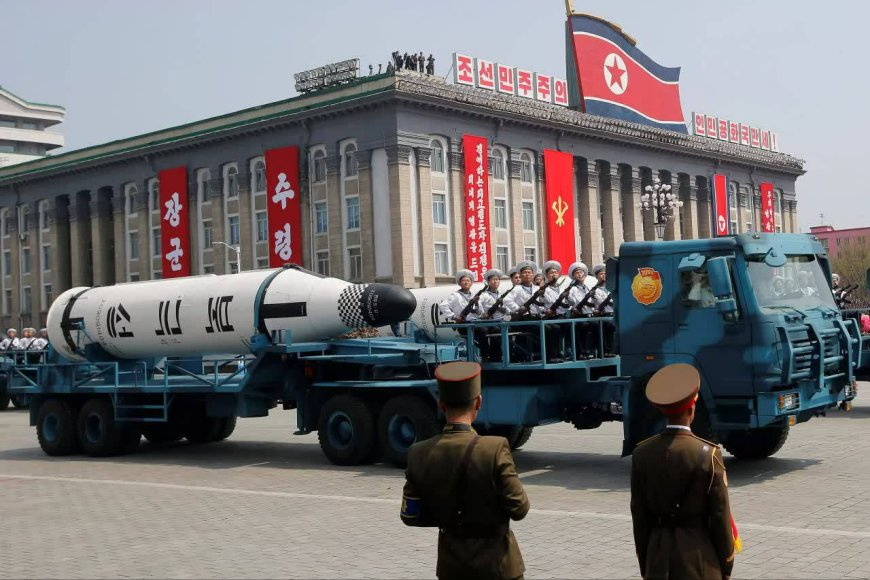Tensions Increase in the Korean Peninsula: A Ticking Time Bomb?
Since 1953, North and South Korea have maintained a cautious relationship, characterized by sporadic periods of close ties amidst the heavily militarized border that separates them. The historical context, foreign interventions, and recent escalations have all contributed to the ongoing hostilities between the two nations. This op-ed aims to analyze the root causes of the Korean Peninsula tensions, focusing on the involvement of superpowers, the failure of nuclear disarmament negotiations, and the recent increase in tensions.

The division of the Korean peninsula in 1945 by the United States and the Soviet Union marked the beginning of a complex geopolitical landscape. The establishment of a communist regime in the north, supported by the Soviet Union, and a military government in the south, backed by the United States, set the stage for long-standing hostilities. The subsequent failure to hold a comprehensive election to determine the fate of the Korean people further solidified the divide, resulting in the creation of two separate governments with conflicting ideologies.
The US intervention has played a significant role in exacerbating tensions between North and South Korea. The United States, in its pursuit of containing China, has maintained a military presence in the region, contributing to increased animosity between Washington and Pyongyang. North Korea, seeking to assert its power and negotiate from a position of strength, has pursued nuclear weapons and conducted various military maneuvers and missile tests. The Chinese publication "Global Times" has emphasized the need for the United States to abandon its Cold War mentality and cease military provocations against North Korea as the best solution to the Korean Peninsula issue.
Despite its political isolation and economic challenges, North Korea has demonstrated its unwillingness to abandon its nuclear weapons program. Rejecting calls from South Korea and the United States to dismantle its nuclear program in exchange for sanctions relief, North Korea has instead increased its production of nuclear warheads. This failure in nuclear disarmament negotiations has further contributed to the escalation of tensions on the Korean Peninsula.
In recent weeks, tensions on the Korean Peninsula have reached unprecedented levels, prompting concerns about the possibility of war. The United States' military alliances, bilateral meetings, and strategic maneuvers with South Korea, coupled with North Korea's efforts to showcase its deterrent capabilities, have fueled this escalation. North Korea's recent announcement of the successful launch of a military spy satellite and South Korea's response of canceling parts of the 2018 inter-Korean military de-escalation agreement have further strained relations. The deployment of new equipment and weapons by North Korea near the border with South Korea has further heightened concerns.
The tensions on the Korean Peninsula are deeply rooted in historical divisions, foreign interventions, and the failure of nuclear disarmament negotiations. The recent escalations and the absence of effective actions to de-escalate the situation pose a significant risk to regional stability. It is imperative for all parties involved to prioritize diplomatic solutions, abandon the Cold War mentality, and engage in constructive dialogue to reduce tensions and achieve lasting peace on the Korean Peninsula. Failure to do so may result in further escalation and an increased risk of conflict in the region.













































